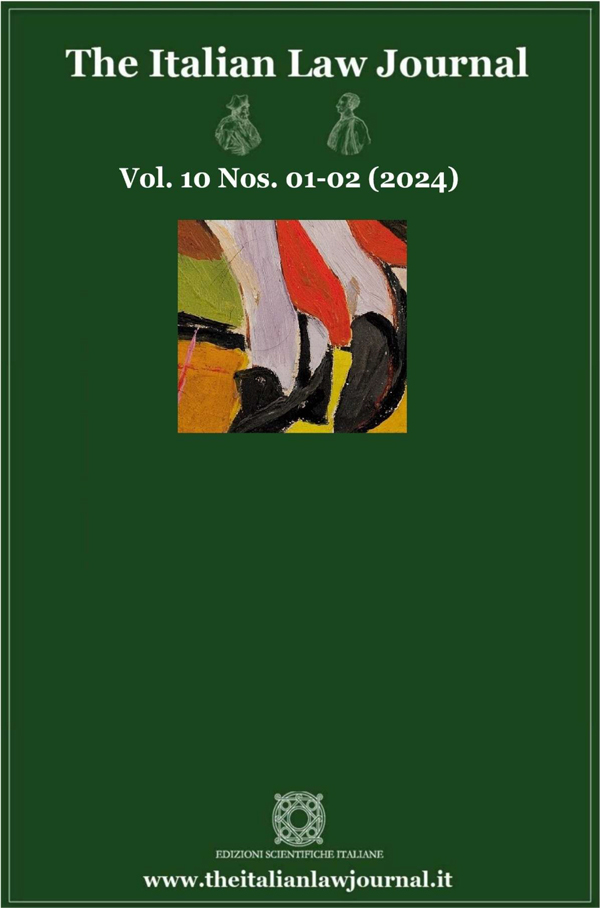5 THE ITALIAN LAW JOURNAL NO. 2 (2019) Unfair Terms Control in Business-to-Business Contracts by Francesco Paolo Patti The aim of the paper is to outline the regulation of one-sided (or onerous) standard terms in business-to-business contracts according to Italian law, in the light of the specific legislative rules and existent case law. Differently than other European legal systems, Italian law does not provide for a substantive control of unfair standard terms in business-to-business contracts. After the implementation of the European Directive no 93/13, the scope of the substantive judicial review covers only unfair terms in business-to-consumer contracts. Italian scholars often discussed the extension of the scope of application of consumer law to business-to-business contracts, but the legislature never addressed the issue. DOI 10.23815/2421-2156.ITALJ ISSN 2421-2156
The Italian Civil Code of 1942 represented a forerunner in providing rules for the incorporation of standard terms in contracts, that are applicable to every kind of contractual relationship between businesses. At the present stage, such rules do not protect adhering parties in an effective way and give rise to many disputes. In some cases, the need of protection of weaker businesses induced Italian courts to develop judge-made law based on open-ended clauses, such as good faith. In other cases, Italian judges adopted the parameter of the worthiness of protection or the causa doctrine, to affirm the invalidity of harsh contractual terms. Further limitations of contractual freedom are the so-called ‘abuse of economic dependence’ and rules devoted to certain contractual terms, which are often standardized in business-to-business contracts (exclusions or limitations of liability and time constraints for the exercise of a right). After sketching the comparative law background with reference to German and French law, the article offers a comprehensive account of the aforementioned elements. The examination leads the author to affirm that Italian law entails an indirect control of unfair terms in business-to-business contracts. In the final part, its relevance in the international context is evaluated.




























